|
Hello from 53.5° north latitude. It was a fairly quiet week with most of the effort this week channeled towards preparing for a bit of time off work. Hypersonic Missiles: A new arms race is underway, bringing with it the threat of a new Cold War. This article in the New York Times describes what the US is doing to develop a hypersonic missile system. Hypersonic is apparently defined at any speed over Mach 5, with some of the systems described in the article operating at Mach 10, 15, even 20. The weapons travel at "mile-per-second" velocity and are largely unstoppable. They operate too low for one defense system, too high for another, and could take out missile bunkers, seats of power, individual leaders, or even the US aircraft carriers.
This technology is not limited in scope to the American or Russian militaries. The Chinese, Indians, French, Japanese, EU, and Australians are also investing in the technology, according to the article. Interesting, scary, fascinating, and unbelievable, all rolled into one topic. Roosevelt quote on "The Man in the Arena": I came across this quote in a meeting this week. It is from Theodore Roosevelt in 1910: It is not the critic who counts; not the man who points out how the strong man stumbles, or where the doer of deeds could have done them better. The credit belongs to the man who is actually in the arena, whose face is marred by dust and sweat and blood; who strives valiantly; who errs, who comes short again and again, because there is no effort without error and shortcoming; but who does actually strive to do the deeds; who knows great enthusiasms, the great devotions; who spends himself in a worthy cause; who at the best knows in the end the triumph of high achievement, and who at the worst, if he fails, at least fails while daring greatly, so that his place shall never be with those cold and timid souls who neither know victory nor defeat." --Theodore Roosevelt Reading Pile: Reading this week was focused one book, "Pattern Recognition" by William Gibson. This was the easiest Gibson novel I have read to date, with fairly limited new concepts to have to assimilate. It was also his first novel after 9/11, and so I found it interesting to read a novel written a year after 9/11 depicting a time a decade or so after the fact, and how the characters processed and were still affected by what happened. Clearly the events of September 11, 2001 were fresh in Gibson's mind as he wrote the novel. As far as a story goes, it was good. Not great though. I was hoping for some sort of Wintermute meets Putin meets Versace-clone, but that didn't happen. It did have some memorable characters, but not ones that were memorable enough to feature in other interrelated stories. I suppose that might be too much to expect again from his novels, but I would love to see it. On a lighter note, Gibson penned a new acronym that I love: LOMBARD - lots of money but a real dick. Other reading started at the end of the week: the aforementioned "Command and Control" and a re-read of "On Basilisk Station" by David Weber. New beer: Only one new beer this week, and that was the Ebony Dragon from Alley Kat. I didn't really like it too much but I wasn't sure why. I read a few reviews on Untappd and "resin" came up a few times. I wonder if that is indicative from the Denali hops. Something to explore. (3.25 / 5) I also unlocked Level 14 of the Beer Explorer badge on Untapped. I don't know what is the difference between the 25 countries unlocked last week and the 70 regions unlocked this week, and unfortunately the stats in Untappd are a bit lacking. I am contemplating becoming a Supporter again to figure out if I can parse that sort of detail out of the stats provided to Supporters. Speaking of stats, I hit 600 beers with 563 unique entries since March 23, 2015, which means a net new beer every 2.77 days. New words:
at·a·vis·tic [ˌadəˈvistik] ADJECTIVE
lan·guid [ˈlaNGɡwəd] ADJECTIVE
apophenia [ap·o·phe·nia] NOUN
pri·a·pism [ˈprīəˌpizəm] NOUN medicine
Oc·ci·dent [ˈäksidənt] NOUN
vi·cis·si·tude [vəˈsisəˌt(y)o͞od] NOUN (vicissitudes)
lim·i·nal [ˈlimənl] ADJECTIVE technical
ci·bo·ri·um [səˈbôrēəm] NOUN
0 Comments
Hello from 53.5° north latitude as I sit in my basement on a 20°C day. Many times I feel that being outdoors is essential, and absolutely needed. Other days, like today, I'm happy to be in front of my monitor listening to the new album by The Raconteurs on Tidal. But I am getting ahead of myself. MH370: There have been several disasters in my lifetime that were so significant to have singular names: 9/11 of course; Challenger; Columbia, Air India, Columbine. MH370, the lost Malaysia Airlines flight that disappeared in March, 2014 is also on that list. As that mystery unfolded, I was stunned by how little I knew about that part of the world. For example, that India was totally north of the equator, and just how unimaginably vast the Indian Ocean is. Reading the article on MH370 released on The Atlantic this week brought back a lot of those thoughts. No wonder authorities didn't know where to look. And no wonder they didn't find any debris for years. But I also had little appreciation for the level of cover-up and incompetence on the investigation. Bitchy flight attendants and extra charges for checking luggage on North American domestic carriers don't seem so bad all of a sudden. Getting back to MH370, the article supports the theory that the senior pilot acted alone and killed all souls on board with apparent ease before plunging the aircraft into the ocean. The fact that a single actor, a trusted actor at that, could doom all of those people is frightening and it is easy to see how calls might be made for computer overrides or remote interactions. However, thinking about the computerized corrections made on the flight trajectory on the Boeing 737 Max aircraft quickly highlights how reliance on a single control is not feasible. Checks and balances are important. If the pilot was depressed and was harboring suicidal thoughts, the checks and balances in the system needed to identify the risk and get the pilot help before being allowed to fly again. But it appears that the system was flawed, and the culture in Malaysia Airlines and the Malaysian government stifles any willingness or ability to learn from that mistake to prevent future similar disasters. The article is a long read, but it worth the time. More on Capitalism: The reading pile has contained much on capitalism lately. To be more accurate, the general thesis seems to be that capitalism can and could be a force for good across the world, but that neoliberalism is a failed idea that needs to be replaced. Click on "capitalism" in the Categories section of this blog for the full reading list. The most recent read on this theme was "The Future of Capitalism" by Paul Collier. Keeping with the idea that neoliberalism was flawed, Collier highlighted point solutions that have had limited or local success. I suppose these were ideas that the reader was supposed to derive inspiration from. However, the book was not particularly giving of solutions, and certainly didn't provide a blueprint for going forward and these point solutions were not presented as an actionable whole. The book did have merit though. One idea that really struck with me were the two scenarios to describe the concept of agglomeration (see definition below). Collier provided two thought experiments - one in which the people in a metropolis have different skills and different needs for housing, and a second where there is a metropolis that needs to rule of law. The punchline is that in both cases there are people that are wholly convinced they uniquely deserve their status and wealth. However, Collier's argument is that everyone, including the most productive, benefit greatly from agglomeration, i.e. the benefits of the critical mass provided to the whole. This might be the largest scale dismantling of the self-made man fallacy. Collier also proposed that shared reciprocity is the key to a civilized world. We do not need Economic Man, Collier posits, but a form of maternal concern for others. Specifically, he says "shared identity becomes the foundation for farsighted reciprocity". There are of course detractors and opposition. A quick search shows this article that calls Collier's ideas as "wrong" and "perplexing" and calls for more capitalism and even less of a role for the state in the market, and that there is a "false promise" of centrism. There are that many voices in the business community that act as a powerful lobby to demand unfettered access to the market. Collier tried to show how some state intervention is good and necessary. This is not the nanny state paternalism we have today, but again the maternal intervention borne out of a common desire to see everyone get the help they need. Collier's book wasn't great; in fact, it was a fairly tedious read. I do think though that it was an important read, and coupled with voices such as Ray Dalio who commented on the need to reform capitalism on 60 Minutes, and Bill Gates who recommended Collier's book on his Summer 2019 Reading list, it will be interesting to see if the voices promoting something other than raw capitalism will gain any momentum with their ideas. (3.0 / 5) Speaking of capitalism ... One of the books I read this week was actually one I started in 2007. How do I know that? Well, I was using the receipt for the book as a bookmark. Simon Winchester's "A Crack in the Edge of the World" was a great read on the 1906 Earthquake in San Francisco. Or maybe more appropriately, the 1906 San Francisco Fire, which some people in the day were trying to promote as the true menace. This was an attempt to tell the world that San Francisco would be fine in the future, because the devastation was due to human carelessness and poor planning which caused the fire to spread so far and fast. This was a direct attempt to make the earthquake - the natural and completely unknowable element - a minor triviality. If the earthquake was only a minor element in the destruction of San Francisco, that meant that people could plan for fire fighting and building codes and quality construction, and voilà, money and people would continue to flow into the great city. What does this have to do with capitalism? As fate would have it, there was a presentation for a grand urban plan prepared and presented to San Francisco City Council literally the day before the earthquake. The plan called for fountains, and parks, and places to live and meet. As San Francisco regrouped and turned its focus on rebuilding, the businessmen, who were quite literally called the Downtown Business Men's Association, decried the plan, calling for "business" and not "parks and boulevards" to spark the city's rebirth. Who needs niceties and places for leisure? Business is all we need! Et cetera. This was a good enough book to keep it in the personal library. 4.5 / 5 As an added bonus, the book had a great graphic outlining the various geological eras in the last 545 million years. Reading Pile: I finished three other books in this last week. The first was "Infinite Detail" by Tim Maughan. This was a book about the end of the Internet era as we know it and what comes after. I really enjoyed this story, and was particularly impressed by how Maughan weaved between the Before and After story lines, and then how he ultimately brought them together. I think this is one of those books that are worth re-reading. 4.0 / 5 The next book finished this week was the third book in Terry Pratchett's Discworld series, "Equal Rites". This was an enjoyable and easy read, but wasn't quite as enjoyable for me as the first two in the series. Maybe that was because Luggage didn't make an appearance in this book. (3.0 / 5) The other "book" I read this week was "The Butcher of Anderson Station", the first short story of the Expanse series. Good stuff. Really short. It provided some nice background of who Fred Anderson is and how he came to the OPA. Really short stories like this are hard to rate, as their re-readability is pretty limited, but let's give it a 4.0 / 5. Total for the year is now 27 books, which for the first time in my life brings my forecast for the year to be over 50. That would be quite an accomplishment. Let's see how the rest of the year goes and if I can keep up the pace. The best Star Wars movie ever: Darth Vader always had the potential to be the scariest villain of all time. However, he seems more frustrated and conflicted than truly evil in the movies. That is absolutely not the case in the recently released unofficial short scene of the battle between Vader and Obi-Wan. The hatred and evil from Vader is palpable, and his power with the force makes the entire concept of Vader to be truly terrifying. 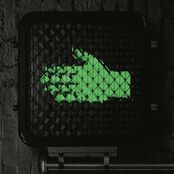 New music: In the intro, I mentioned the new album by The Raconteurs called "Help Us Stranger". This is a pretty good album, with the sort-of title track "Help Me Stranger" being quite awesome. I've listened to it a few times and I think it will grow on me. New beers: Big week for beer with four new brews this week. Well, technically three new with the fourth actually imbibed last Sunday after last week's post was posted. The beer from last week was the Volfas Engelman Premium Pilsner out of Lithuania. I quite enjoyed this one. (3.75 / 5) Then I had two beers from Banded Peak out of Calgary. The Mt. Crushmore pilsner was pretty good, but not as good as the pilsner from Volfas Engelman. (3.25 / 5). Their Plainsbreaker Hopped Wheat Ale was much better and was one of my favorite beers in the last few months. (4.0 / 5) Last on the list was the Lazy Days sour from Alley Kat. This one was made with passionfruit so it was somewhat sweet as well as quite sour. Good stuff again from Alley Kat. (3.75 / 5) A noteworthy stat from Untappd is the achievement I received for hitting Level 5 on Beer Connoiseur, meaning that I have logged in beers from 25 different countries. That means there are still have 171 countries that I have not had a beer from. It's good to have goals. New words:
Lots of reading this week, and therefore lots of new words. be·guine [bəˈɡēn] NOUN
ag·glom·er·a·tion [əˌɡläməˈrāSH(ə)n] NOUN
sa·lu·bri·ous [səˈlo͞obrēəs] ADJECTIVE
po·et·as·ter [ˈpōəˌtastər] NOUN
se·mi·ot·ics [ˌsemēˈädiks] NOUN
ful·some [ˈfo͝olsəm] ADJECTIVE
syn·co·pate [ˈsiNGkəˌpāt] VERB
cor·us·cate [ˈkôrəˌskāt, ˈkärəˌskāt] VERB literary
in·cu·nab·u·lum [ˌinkyəˈnabyələm] NOUN
de·port·ment [dəˈpôrtmənt] NOUN
a·poth·e·o·sis [əˌpäTHēˈōsəs] NOUN
an·o·dyne [ˈanəˌdīn] ADJECTIVE
pse·phol·o·gy [sēˈfäləjē] NOUN
e·lide [ēˈlīd] VERB
ma·ter [ˈmādər] NOUN BRITISH, informal, dated
pro·bi·ty [ˈprōbədē] NOUN formal
Blame Canada!: The wisdom of South Park is relevant once again, this time as I resurrected the "Blame Canada" scene while listening to an episode of the Indicator podcast from Planet Money. The episode in particular was from May 23 and was titled "Canada's Tariff Hangover". The episode was about the ending of the trade war and tariffs imposed by the US on Canada and vice versa, and in particular about a small business in Ottawa that was particularly impacted by the tariffs imposed on Magic: The Gathering cards coming in from the US. Near the end of the episode, the hosts drawing the conclusion that the small business owner should be upset with the Canadian government for imposing the retaliatory tariffs. To quote from the transcript: ... the Canadian government is what ended up causing Dave all this harm, if you think about it, because it was Canada's retaliation that imposed those tariffs on Magic cards in the first place. So it kind of shows you that when a country's government retaliates, it can end up really hurting some of its own people." Trade wars are damaging to both sides. That's why they are called trade wars, and not trade parties, or trade fun-things. And yes, there were damages to Canadian business by the increased tariffs. However, to call out the Canadian government for the particular damage to this one store conveniently omits the fact that the Canadian tariffs were retaliations, meaning of course that they were in response to the opening tariff salvo imposed on Canada by the US. Blame Canada, indeed. BYDTWD, or How Much Meta is Too Much Meta?: In our weekly D&D lunch hour session this week, our PCs encountered some weird elf-spider hybrid who was clearly thousands of years old. In talking to the DM after the session, his inspiration for a lot of this setting is a riff on the drow spider queen, Lolth. However, it isn't the same Lolth that we would see in the Drizzt books or in other canon material in books, game supplements or in computer RPGs. This is something that is hard for me to wrap my head around. How much should I read about Forgotten Realms if the DM is not going to adhere to what I have read? Sure there is a Nashkel, but it isn't exactly the same as the Nashkel I know from Baldur's Gate. Does the information I know from the game help or hinder me as a player? Am I going to make a bad decision because Quinemin the PC knows a different world from Robert the player? Understanding the world the PC is in is important so that role playing is better, and so that better decisions are made. I just don't know if I am actually going to make better decisions because my context is inconsistent with the actual environment. Or maybe the DM doesn't have the world completely figured out and therefore my knowledge will help guide the game in a good way. Or maybe I should just stop thinking so hard and just play the game.
New Words:
pom·ace [ˈpəməs] NOUN
ten·den·tious [tenˈdenSHəs] ADJECTIVE
ex·u·date [ˈeksədāt, ˈeksyo͞oˌdāt] NOUN
sin·ter [ˈsin(t)ər] NOUN
li·bra·tion [līˈbrāSHən] NOUN astronomy
la·cu·na [ləˈk(y)o͞onə] NOUN
con·viv·i·al·i·ty [kənˌvivēˈalədē] NOUN
More on Capitalism: It seems most everything I read lately has to do with the failures of capitalism and what might and should replace it. When I mentioned that to my friend Mark, he sent me a link to a Boing Boing article quoting Joe Stiglitz calling neoliberalism a "failed ideology". This analysis is similar to my recent readings from Lapham, Fleming, and the 60 Minutes episode, as well as the Paul Collier book I am currently reading (more on that next week). Select the "Capitalism" category to find those articles. Stiglitz has an impressive number of books in his bibliography, if his message resonates. Speaking of Wealth: At a casual dinner this week for a retiring co-worker, he commented that the luxury of time to explore new ideas on one's own time frame is true wealth. Sage words.
The U.S. Has a Fleet of 300 Electric Buses. China Has 421,000: Is there much else to be said after a stat like that? Well maybe that the rest of the world combined has a total of 4,000 electric buses, so less than 1% of China. Crazy. The stats are from a May article in Bloomberg that I just read this week. On a local scale, ETS is in the process of purchasing up to 50 electric buses, which makes transit in Edmonton a player on the world stage if you exclude China. Reading pile: My consumption of books continues, with two more finished this week, and one I forgot to mention last week. First up on the list is "Red Queen" by Victoria Ayeyard, a fairly involved young adult-fantasy-adults are evil-only I can save the world novel. I started reading it to the younger daughter, but she lost interest, so after a number of weeks, I picked it up again and finished it off. Completely enjoyable, somewhat novel in concept, and good enough to read the next one in the series (because don't all of these type of books come in a series?). Second is Michio Kaku's "The Future of Humanity". Kaku is clearly intelligent and is able to convey complex ideas fairly simply. I guess I was hoping for more from this book given his pedigree. This book was interesting in parts, and it did present some suggestions on how humans could move from Earth to Mars and beyond, but there was little in the way of enthralling narrative or vision. The best part of this book was Kaku's description of a T. Rex as a walking mouth. Third is "Drive: Volume 2" by Dave Kellett. I love Kellet's work, and especially with Drive which allows his to tell a complex and interesting story and intersperse it with his oddball humor. I picked up Volume 1 and 2 via two of his Kickstarters, and am looking forward to Volume 3. The entire Drive comic can be read online on Kellet's site.
New words:
Surprisingly few new words this week, even though I read a ton. pil·lion [ˈpilyən] NOUN
towheaded [ˈtōˌhedəd] ADJECTIVE
twee [twē] ADJECTIVE BRITISH
 Accomplishments?: FWIW, I did all of the daily challenges in both Wordament and Solitaire this month. Tell my parents that when they tell you that I never amounted to anything. BYDTWD: In our weekly lunch hour session, I was back to playing as my stint as a guest DM is now over. I have to tell you that I really prefer DMing. All you have to do is show up when you are a player, so the level of engagement just isn't there for me. That was one change in perspective that I had. The other is how much weird the players seem to want. Our regular DM developed a campaign in a low magic world, but people seem to want to jump in with high magic, exotic characters. Our newest player came in with a Tiefling Bard. Wait, what? Yeah, exactly. I watched the first forty or so episodes of the second campaign of Critical Role, and now that I look back at those episodes, I notice the same. A goblin, a tiefling, a half-orc (admittedly pretty low magic), an Aasimar, a furlbog played a person who previously played a Tiefling, and two humans. Every single one of the players behind those characters are great actors, but for my money, the best character in the lot is one of the humans. (You can argue about which one in the comments.) When Matt Colville was ramping up for The Chain of Acheron, he told his players that the preponderance of the characters needed to be humans, even though the campaign is very high magic. Even so, within the first few episodes, one character gets turned into a pink mist and the player wants to play a githyanki. So much for the players adhering to the guide posts. What does this mean for the DM? I'm not sure to be honest. Maybe the lure of the unknown and the magical is too strong, and the DM just needs to build that into the campaign. Maybe it is reasonable to expect players to want to stray from the mundane in a fictional setting. Playing a character that is essentially your neighbor in real life does seem less enticing than a githyanki that has never eaten a caramel sausage, for example.
 How's this for a Smash in the Mouth? How's this for a Smash in the Mouth? My world's on fire, how about yours? The wild fires in Northern Alberta are terrifying. The thought that out of control fires in the spring are the new normal is even more terrifying. The northern half of the province needs a Noah's Ark scale deluge in the short term, and we need to figure out how we can fix the planet in the long term. I don't ever recall hearing about the Air Quality Health Index before last year, but now with all of the fires, our local schools keep kids inside for recess when the air quality is too poor. New beers: Just one new beer this week. It was the Red 8.6 from Royal Swinkels Family Brewers in the Netherlands. Red 8.6 seems like a strange name since the beer is only 7.9% ABV (only!), even though it is a red. But I digress. I'm not a big red fan, and this was okay, but it was quite a mouthful with the alcohol taste. Not great, but good enough that I will try out their other beers, like the Gold 8.6 for example. (3.0 / 5) New words:
su·per·ses·sion [ˌso͞opərˈseSH(ə)n] NOUN
pred·i·ca·tion pre-də-ˈkā-shən \ NOUN archaic a : an act of proclaiming or preaching b : sermon in·a·ni·tion [ˌinəˈniSHən] NOUN formal
mid·den [ˈmidn] NOUN
|
Archives
April 2022
Categories
All
|



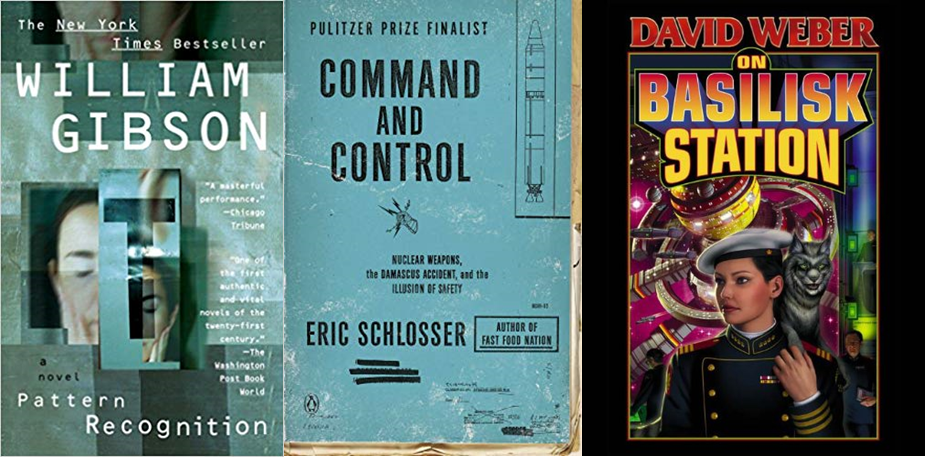
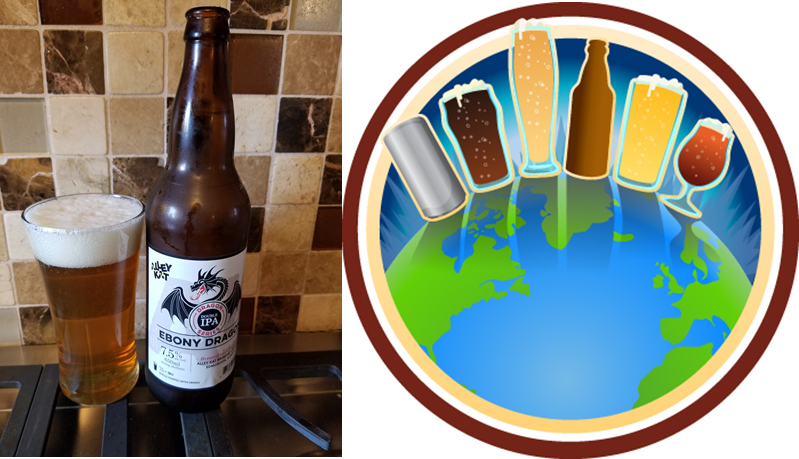

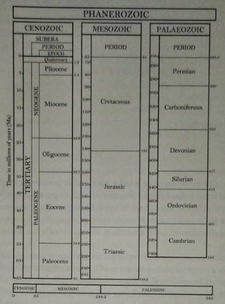

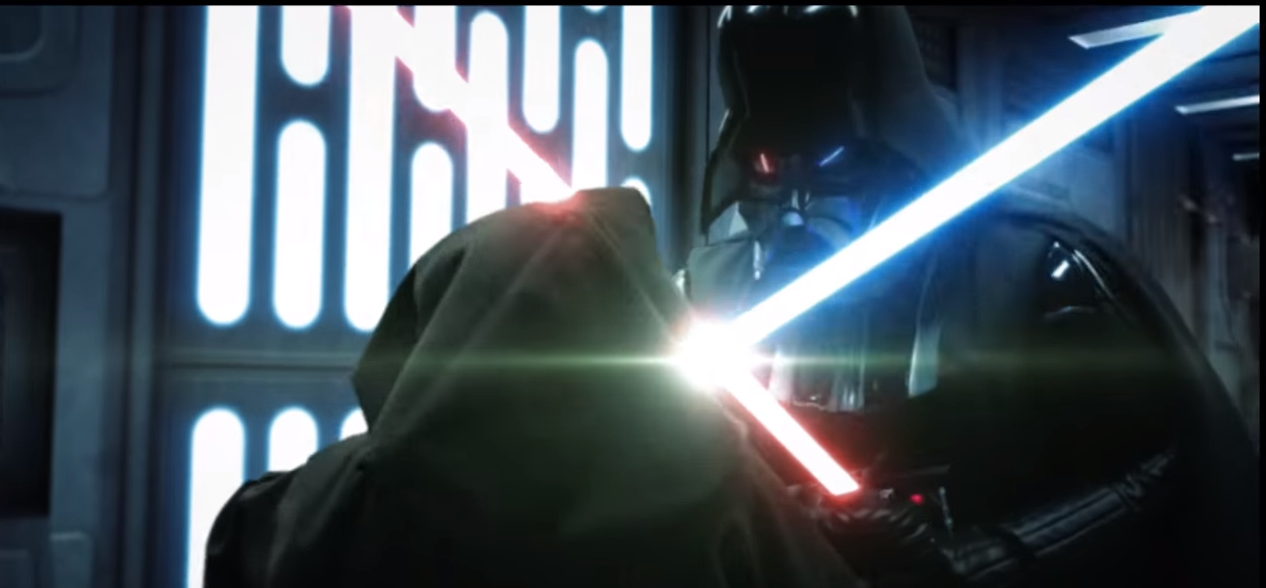

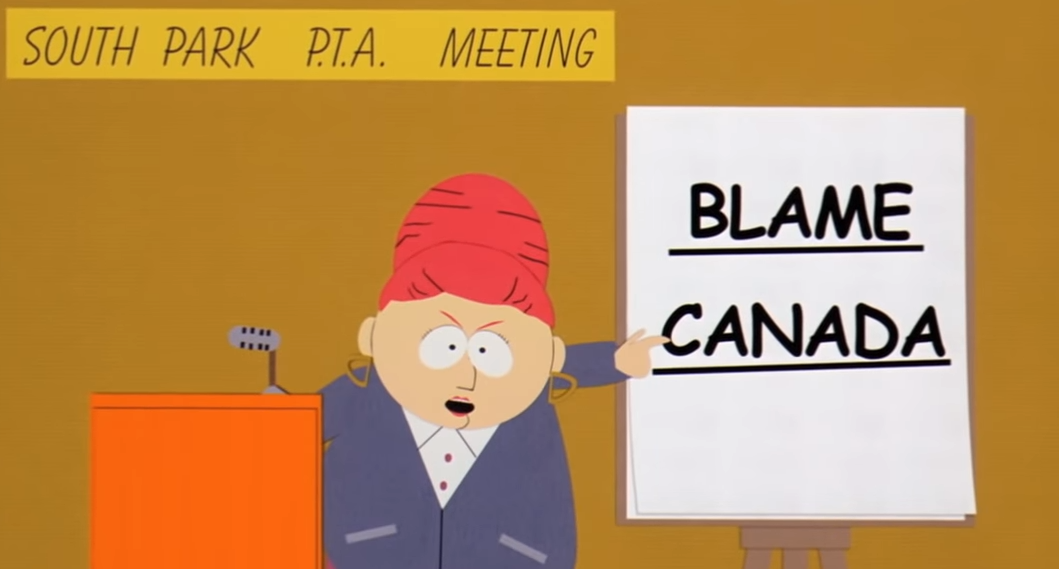
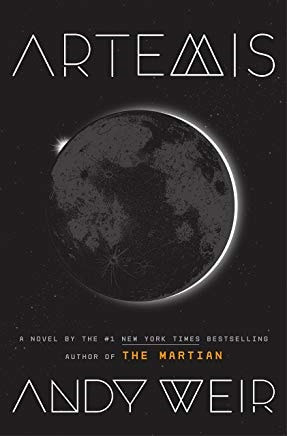







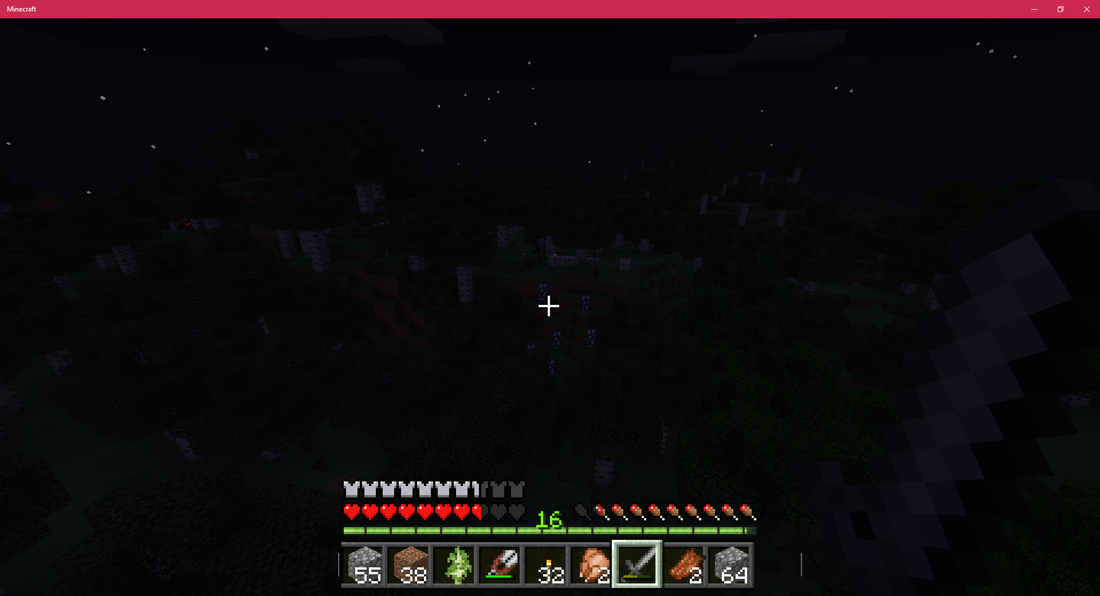
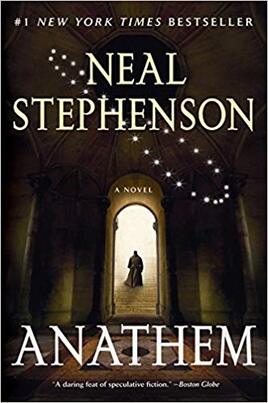
 RSS Feed
RSS Feed
